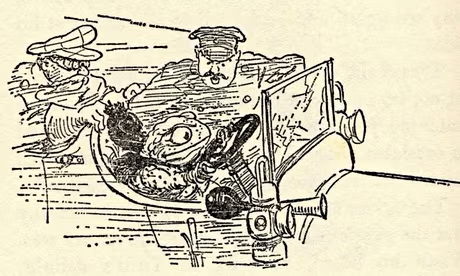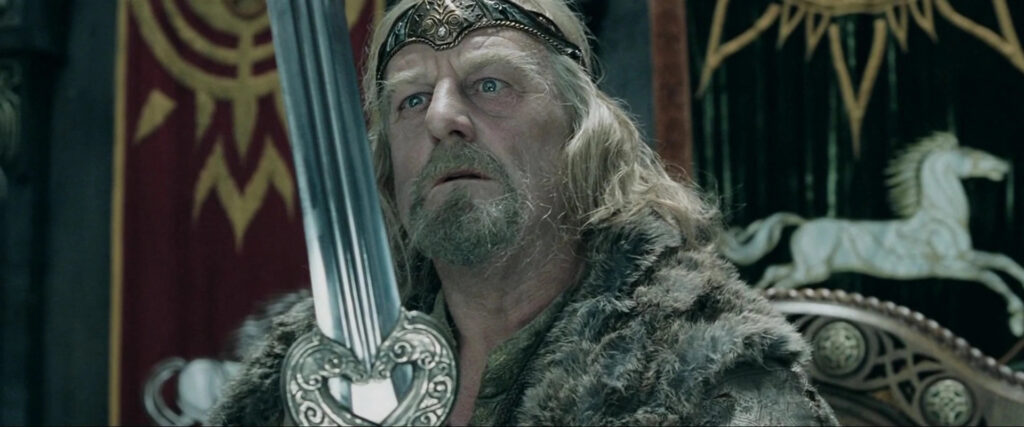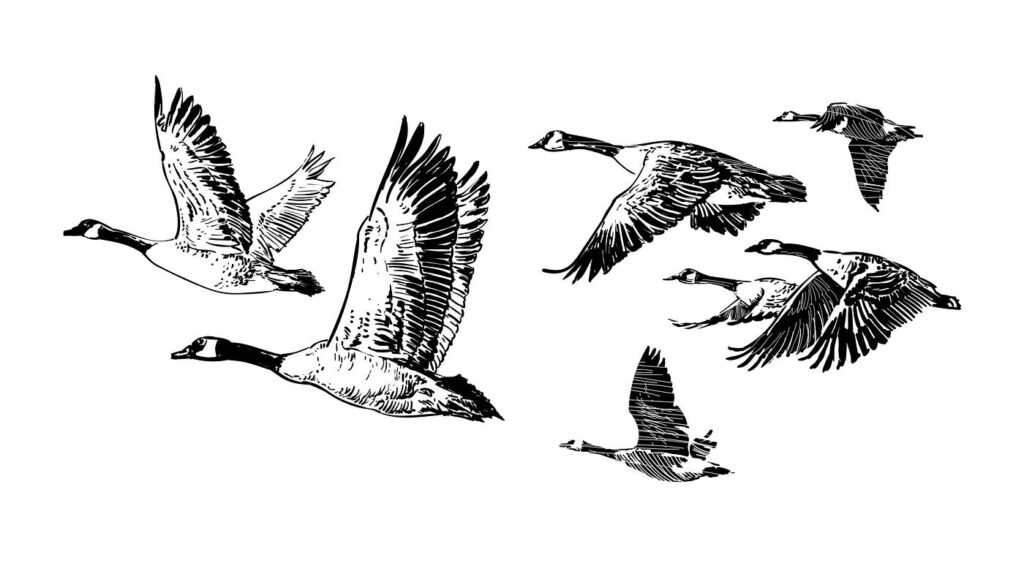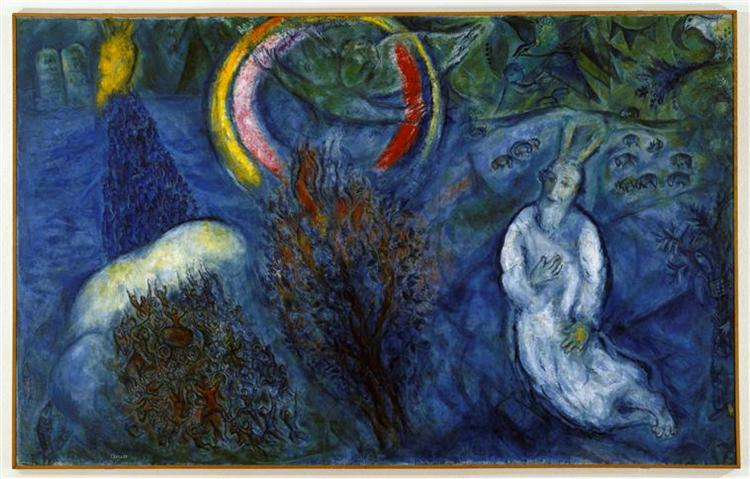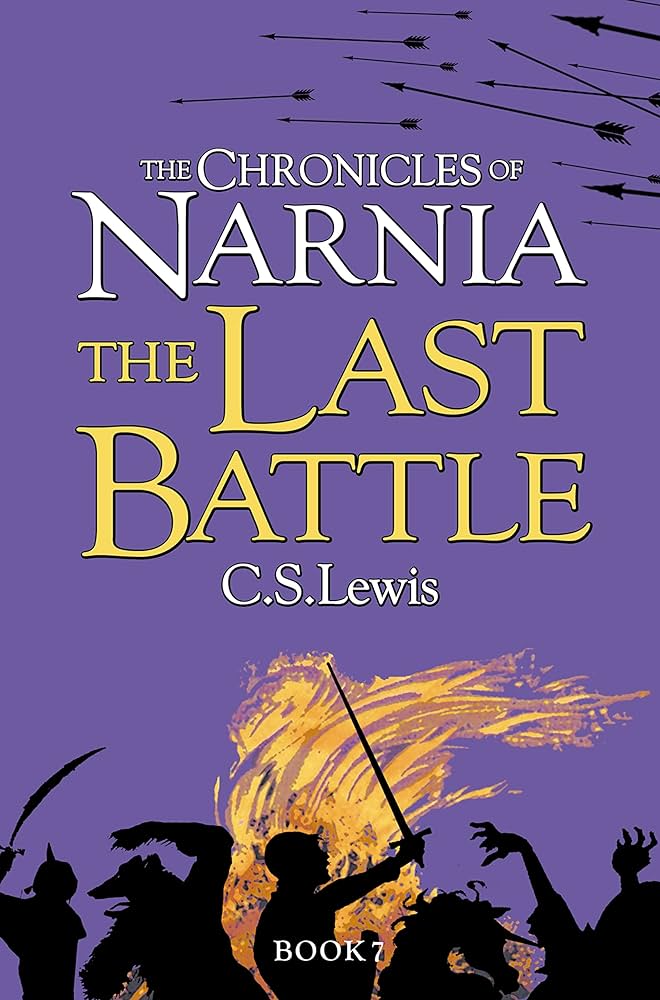Note: If you wish to receive, via e-mail, (1) my weekly newsletter or (2) daily copies of these posts, write to me at [email protected]. Comments may also be sent to this address. I promise not to share your e-mail with anyone. To unsubscribe, write here as well.
Thursday
Donald Trump’s election interference trial is reminding us of the ugliness of the 2016 election. Not only did the National Inquirer serve as an arm of the Trump campaign, using its wide reach to savage Hilary Clinton. As editor David Pecker has testified, following an August 2015 meeting with Trump and Trump lawyer and fixer Michael Cohen, The Inquirer agreed to publish only positive stories about Trump and only negative ones about his rivals.
This became evident over the course of the following year. With surgeon Carson, it ran a front page story, “Ben Carson butchered my brain!”, claiming that Carson had left a sponge in a person’s brain during a procedure. With Cruz it was even worse. At one time the Inquirer baselessly accused him of having multiple affairs, at another of connection with a porn star. But the ultimate insult was when, next to a grainy photo of JFK assassin Lee Harvey Oswald, the newspaper printed the headline “Ted Cruz father linked to JFK assassination!”
On the witness stand this past week, David Pecker acknowledged that all the stories were made up.
So how did Cruz react? Well, at first he was outraged, calling Trump an “amoral pathological liar” and a “braggadocious, arrogant buffoon.” After Trump won the GOP nomination while Cruz was booed by conventioneers for complaining about his treatment, however, Cruz began behaving like Toad. First here’s the moment when a motorcar first makes its appearance, shattering the bucolic silence like Trump upending the GOP establishment:
The “Poop-poop” rang with a brazen shout in their ears, they had a moment’s glimpse of an interior of glittering plate-glass and rich morocco, and the magnificent motor-car, immense, breath-snatching, passionate, with its pilot tense and hugging his wheel, possessed all earth and air for the fraction of a second, flung an enveloping cloud of dust that blinded and enwrapped them utterly, and then dwindled to a speck in the far distance, changed back into a droning bee once more.
Traditional Republicans were taken off guard:
The old grey horse, dreaming, as he plodded along, of his quiet paddock, in a new raw situation such as this, simply abandoned himself to his natural emotions. Rearing, plunging, backing steadily, in spite of all the Mole’s efforts at his head, and all the Mole’s lively language directed at his better feelings, he drove the cart backward towards the deep ditch at the side of the road. It wavered an instant—then there was a heart-rending crash—and the canary-coloured cart, their pride and their joy, lay on its side in the ditch, an irredeemable wreck.
Water Rat, who along with Mole is accompanying Toad on the trip, is outraged. Toad, however, has a different response:
The Toad never answered a word, or budged from his seat in the road; so they went to see what was the matter with him. They found him in a sort of a trance, a happy smile on his face, his eyes still fixed on the dusty wake of their destroyer. At intervals he was still heard to murmur “Poop-poop!”
The Rat shook him by the shoulder. “Are you coming to help us, Toad?” he demanded sternly.
“Glorious, stirring sight!” murmured Toad, never offering to move. “The poetry of motion! The real way to travel! The only way to travel! Here to-day—in next week to-morrow! Villages skipped, towns and cities jumped—always somebody else’s horizon! O bliss! O poop-poop! O my! O my!”
“O stop being an ass, Toad!” cried the Mole despairingly.
“And to think I never knew!” went on the Toad in a dreamy monotone. “All those wasted years that lie behind me, I never knew, never even dreamt! But now—but now that I know, now that I fully realize! O what a flowery track lies spread before me, henceforth! What dust-clouds shall spring up behind me as I speed on my reckless way! What carts I shall fling carelessly into the ditch in the wake of my magnificent onset! Horrid little carts—common carts—canary-colored carts!”
What Cruz—and Lindsey Graham, Marjorie Taylor Greene, Elise Sefanik, J.D. Vance, Ron DeSantis, and others—have learned from Trump is motor car politics. Recklessness and destructiveness are rewarded, especially if one casually ignores or even insults the “horrid little carts” that get in one’s way. To behave like Trump is to experience the joy of trampling on others with impunity. And so, like Toad at the end of the book, they have left plodding horse-drawn caravans far behind:
“Heard the news?” [Rat] said. “There’s nothing else being talked about, all along the riverbank. Toad went up to Town by an early train this morning. And he has ordered a large and very expensive motorcar.”
Wind in the Willows, written in 1908, is a nostalgic journey back into England’s pastoral past, with peace-loving animals rowing on the river, going for picnics, entertaining Christmas carolers, and expelling proletariat weasels and stoats from the local squire’s manor house. The motor car, which intruded upon rural isolation, was a symbol of a way of life that was passing. Trump’s neo-fascism has upended its own set of traditions so that conventional Republican politics may never be the same.
And rather than shy away in horror, even those victimized by his crude tactics have been sitting in Toad’s trance before asking, “Where do I sign up?” Ted Cruz, for one, has gone out and bought his own set of Trumpian politics.
